I admit high school started out pretty rough for me. And it wasn’t just Algebra. There seemed no point to learning much of anything. So much work for what? Nothing I could see from the narrow and lazy perspective of 15 years.
My father, I learned later, was running out of patience with my lack of motivation at that boarding school.
Then, one night in the school auditorium, I heard a speech by a foreign correspondent named Robert St. John. He had traveled the world writing newspaper stories with his byline on top and then books and speeches and radio reports.
I followed him to his hotel room, firing how-to questions at him. And when he closed the door, I stood in the bare glare of a lone light bulb above my head, and I knew what I would be.
I phoned my parents – Collect, of course, in those distant days – to excitedly share my career revelation. I was going to be a newspaper correspondent!
So bizarre was this sudden burst of ambition that Dad called a counselor the next morning to inquire after my health.
It took 15 years of learning and reading and watching and practicing. But I got there.
Along the way, I practiced writing for anyone who’d accept it – school newspaper, literary magazine, yearbook, college newspaper, college radio station, campus newspaper stringer. A veteran newspaper wire editor brought home copies of the stories he'd rejected each week, and every Sunday afternoon, he'd show me why.
My father was into motivation. He said he’d pay for a boarding house in Europe one summer to practice French and writing if I could round up the airfare to get there -- $600 for a TWA ticket.
One of the papers that bought my proposed stories was the National Observer, a wonderful weekly Dow Jones newspaper, now sadly gone like most general-interest publications that don't target a specific niche group that advertisers covet.
One idea the Observer liked was a piece on the upcoming 150th anniversary of the historic Battle of Waterloo, when the British and Prussians ended nearly a quarter-century of Napoleonic wars, creating an everlasting metaphor and one of my favorite pop songs.
Emperor Napoleon Bonaparte had escaped prison exile in the spring of 1815 and resumed his attempt to conquer Europe. He led his army of some 70,000 into what was then the Netherlands Empire, now Belgium.
The Duke of Wellington arrayed his British forces on a commanding ridge there in mid-June with Dutch and Prussian forces nearby. Almost a quarter-million troops faced each other.
As an eager foreign-correspondent wannabe, all bright-eyed and full of energy and enthusiasm, I stepped off the city bus from Brussels, notebook in hand, on that same ridge. It was about the same time of day too, and on a Sunday, just 150 years later.
But in those days, I found only a dusty diorama of tin soldiers arrayed on a large table inside a giant mound of dirt that was scraped from the surrounding fields.
Steep stairs lead up the mini-mountain to an immense lion's statue and coin-operated speakers in various languages looking out over the once-bloody, now verdant agricultural landscape.
And that’s it.
I was so totally screwed. And crushed. The very field where the history of Europe was rewritten laid out in grassy, un-mowed splendor. But what the hell new was there to write about for this story I had promised a major newspaper on my first assignment abroad for real money?
In despair, I climbed through a wire fence and wandered aimlessly through an immense meadow. Startled cows shuffled away. I kept stumbling over stubby tombstone-like granite markers overgrown with grass. They denoted that this military unit was arrayed here and there.
The stones might make a photo. But nothing to write home about. These were the fields where some 50,000 men and 7,000 horses died in one day, their corpses strewn about so deep that wagons could not pass.
The stench of death hung there for weeks. Scavengers worked their way across the sprawling battlefield, body to body, pulling out teeth for the lucrative European markets that prized young teeth to be implanted as false ones.
Perhaps an hour later, I crawled through another fence into a dirt courtyard by an ancient L-shaped house that looked rather familiar.
Missing #Wallonia very much this afternoon… here are some more shots of Hougoumont Farm #Waterloo @WhyBelgium @1815Memorial @wallonia4ever @tourismewallon pic.twitter.com/bxOQXZ9j0e
— Alexandra Churchill ✌🏼⭐️⭐️ (@churchill_alex) June 1, 2022
A minute later, it dawned on me. This was the d’Hougoumont farmhouse, the stone-walled structure with the steel gate that had held Wellington’s right flank against the French infantry and cavalry.
It looked just like the encyclopedia sketches, except for a TV antenna standing atop the roof, crooked.
Just then, my career angel appeared.
Emerging from a barn door, he was well over six feet tall, in overalls and muddy boots. He was mixing paint in a Nazi army helmet.
The man strode toward me. And he was not happy.
I think he demanded to know what the hell I was doing there. But he spoke Flemish. So, I understood nothing.
I explained in my improving but imperfect French that I was a journaliste researching le Bataille de Waterloo. He stopped striding and tilted his head. Je suis Americain.
Of course, he was bilingual and, it turned out, patient with a 19-year-old foreigner scribbling notes.
It was my first interview as a foreign correspondent. He invited me to a nearby bench. And we talked for perhaps a half-hour.
He said it was tres difficile living on a famous battlefield. He grew angry. Did I know these damn tourists kept walking through his historic meadow, disturbing his cows? And you know what happens then? They give less milk! That's what happens. And that’s how he made a living!
I confessed I did not know that. And apologized. Some days, he said, waving his paint stick, there were dozens of strangers walking around, smashing down the grass, leaving bottles, cans, and trash about.
I mentioned I had brought none of that with me.
He knew his home was involved somehow in the battle. However, World War II was fresher in his mind. He held up the helmet he’d found nearby.
He seemed unaware that Wellington’s cannons on the ridge had fired on his house when French troops broke through the gate. Well then, he said, it had been rebuilt long ago, adding proudly that it had electricity and running water too.
So, the farmer didn't know that British reinforcements had bayoneted maybe 20 French soldiers right there in the same courtyard where we sat. He didn’t seem to care much.
Where was I from? And why would anyone care about something so distant in the past?
Bien, he had to get back to work before the paint dried. I thanked him profusely and slowly walked away down the dirt road, still scribbling notes.
To this day, I honestly have not the slightest memory of how I traveled the 18 miles back to the city. I was so excited.
I could have floated because I had just learned the most important lesson of many in reporting: Tell the big story through little details.
It was a summer Sunday lesson I would employ writing thousands of stories these past 61 years, including, you may have noticed, this one.
I do remember one thing, however. I did not walk back through his cow pasture.
----
This is the seventh in an occasional series of Memories that RedState editors suggested I share. Feel free to share your relevant memories on today's post in the Comments below, as many others have on previous Memories. I hope you enjoyed this and will pass it on to others. Follow me @AHMalcolm
Previous Memories:
When Dad Died, He left a Haunting Message That Reemerged Just Now
My Father's Sly Trick About Smoking That Saved My Life
His Name Was Edgar. Not Ed. Not Eddie. But Edgar.
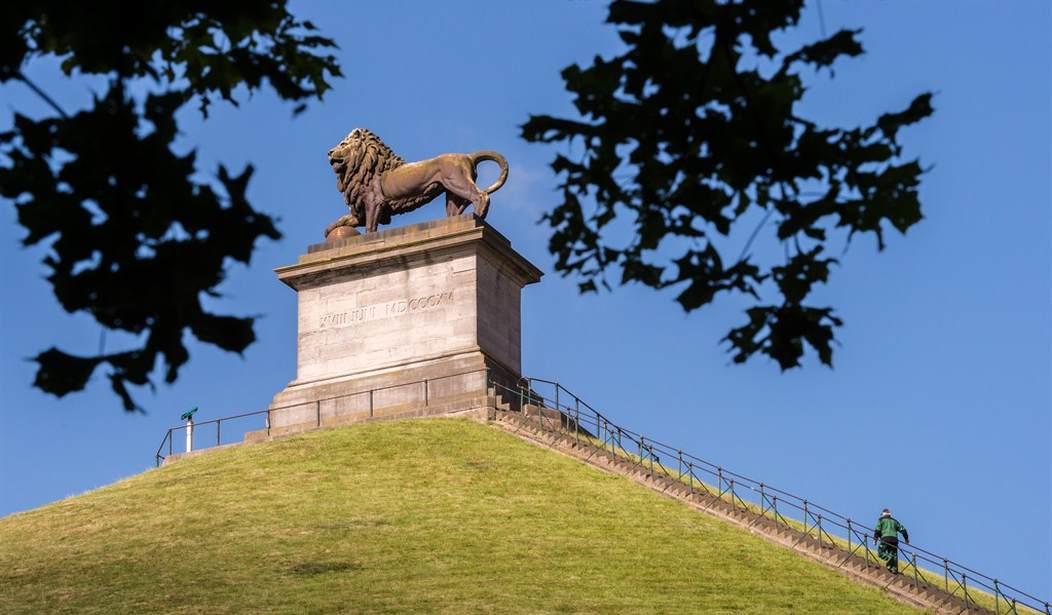


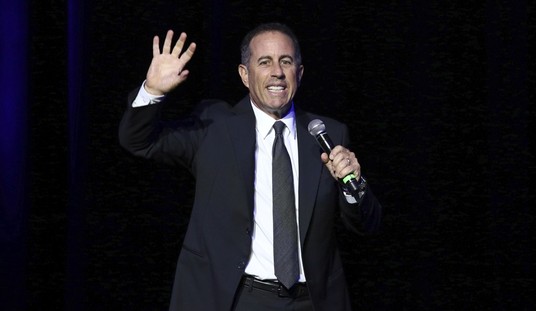
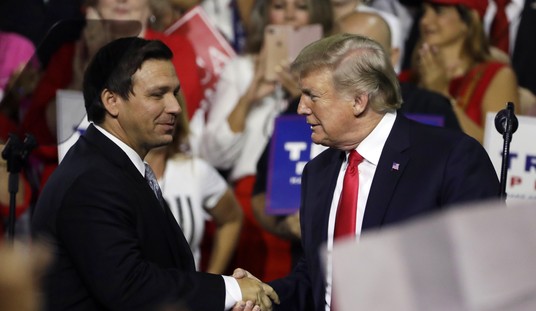


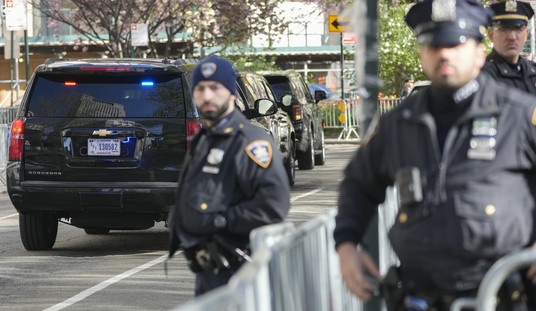

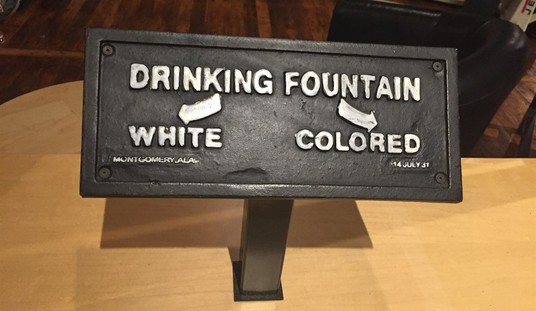


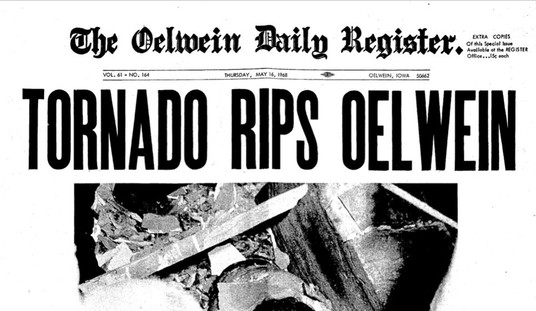
Join the conversation as a VIP Member